President Donald J. Trump talks with reporters along the driveway of the South Lawn of the White House Tuesday, June 18, 2019, prior to beginning his trip to Orlando, Fla. (Official White House Photo by Joyce N. Boghosian)
There’s been a noble effort by many legislators who have worked from the beginning to expose the lie of Russia collusion — former South Carolina GOP Rep. Trey Gowdy especially — to protect the everyday working man and woman employed at the DOJ and FBI by pointing out the collusion myth was perpetrated by a few bad actors alone.
It’s a good thing to protect those who had nothing to do with the attempt to smear the Trump administration, and to remind everyone that the FBI is a necessary agency that has a long, often fine, history.
However, a Wall Street Journal editorial from Monday offers a different idea about the role the FBI played in selling the collusion narrative to the press. To wit: it suggests the FBI — “trusted” senior officials and sources though they were — pushed the collusion narrative to the press fairly heavily and may be more than a little responsible for how the narrative was crafted.
WSJ assistant editorial page director James Freeman, using a list of stories that helped the Washington Post and the New York Times win Pulitzer’s for their Russia collusion reporting, shows that officials in the FBI fed the narrative to these news outlets and let them “congratulate” themselves “for getting duped into supporting abuse of power.”
In 2018, Columbia University President Lee Bollinger presented Pultizer Prizes in national reporting to the staffs of the Times and the Post. The prize citation reads:
For deeply sourced, relentlessly reported coverage in the public interest that dramatically furthered the nation’s understanding of Russian interference in the 2016 presidential election and its connections to the Trump campaign, the President-elect’s transition team and his eventual administration.
After special counsel Robert Mueller concluded his nearly two-year investigation and reported in March that he found no evidence of Trump collusion with Russia, the prize citation seemed to be in need of a rewrite. Now Inspector General Michael Horowitz’s report undercuts more details in the reporting.
One of the notable submissions Freeman uses to make his point is an illustration of how language is parsed in the service of crafting a narrative: the language isn’t inaccurate or false, it just may not be telling the real story. It’s a method activists who pose as objective journalists use frequently.
Another Post classic that helped win the prize was the report published on May 22, 2017 that said Mr. Trump had asked intelligence officials “to publicly deny the existence of any evidence of collusion during the 2016 election.”
Of course everyone knows now that Mr. Trump was asking them to state the plain fact that there was no collusion evidence. But according to the Post at the time:
Current and former senior intelligence officials viewed Trump’s requests as an attempt by the president to tarnish the credibility of the agency leading the Russia investigation.
With the benefit of hindsight, it’s clear that the FBI deserved to have its credibility tarnished. Continued the Post:
Senior intelligence officials also saw the March requests as a threat to the independence of U.S. spy agencies, which are supposed to remain insulated from partisan issues.
Is there anything more threatening than a powerful spy agency refusing to be accountable even to the duly-elected President of the United States? The Post saw things differently:
“The problem wasn’t so much asking them to issue statements, it was asking them to issue false statements about an ongoing investigation,” a former senior intelligence official said of the request to Coats.
No, it’s now clear that there truly was a lack of collusion evidence. The false statements were being made by former senior intelligence officials.
And that’s just one example of how “senior intelligence officials” working within the FBI — and clearly on behalf of the Crossfire Hurricane investigation — suggested meaning to reporters, who were more than happy to take those suggestions without verifying the information.
Crossfire Hurricane, from the communications side, was an unholy alliance of gossip mongers within the agency telling “secrets” to the one entity (in this case, the mainstream, Hillary-friendly media en masse) that would repeat it wholesale, all the while patting themselves on the back for getting the scoop.
If nothing else, the Russia collusion mess should train Americans to be a little more careful how they read the news, and not just accept one version of an account — even if it’s from an outlet they’ve always liked and trusted.
It’s a new day in the American intelligence field, as it likewise in the field of American journalism. Perhaps we can actually thank the collusion conspirators for giving us that positive — albeit unintended — consequence of their poor performance as stewards of justice and truth.






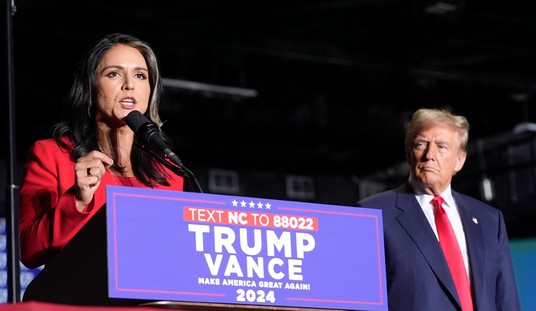
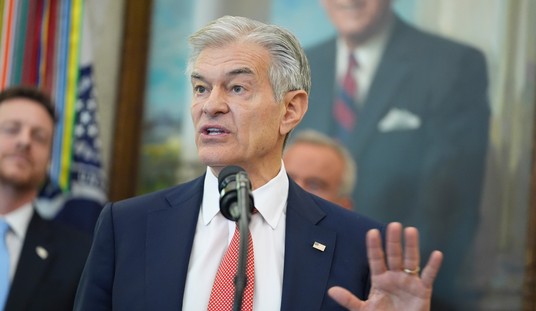

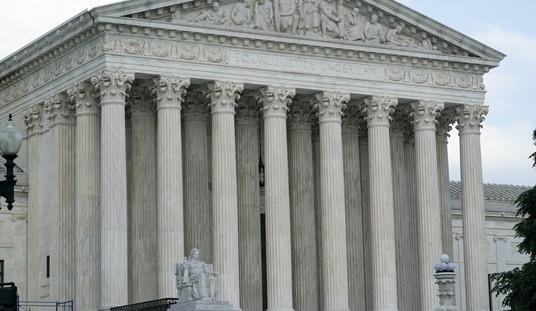

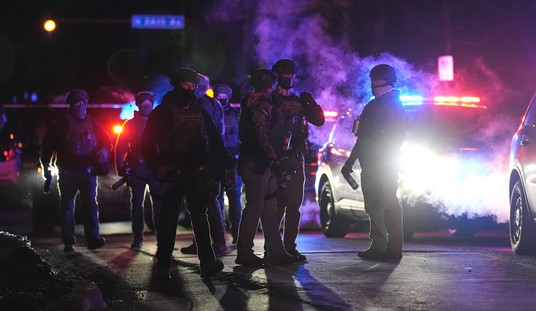
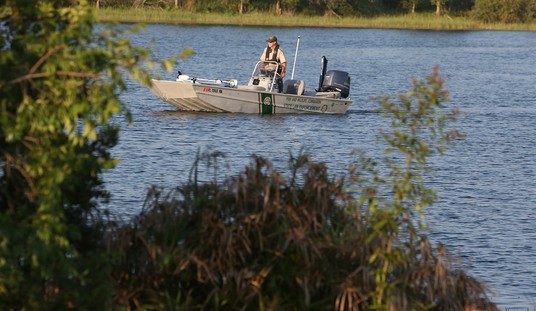
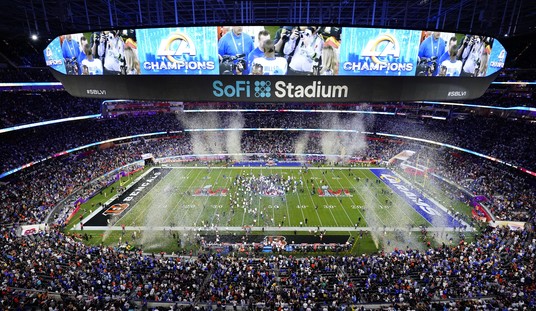
Join the conversation as a VIP Member